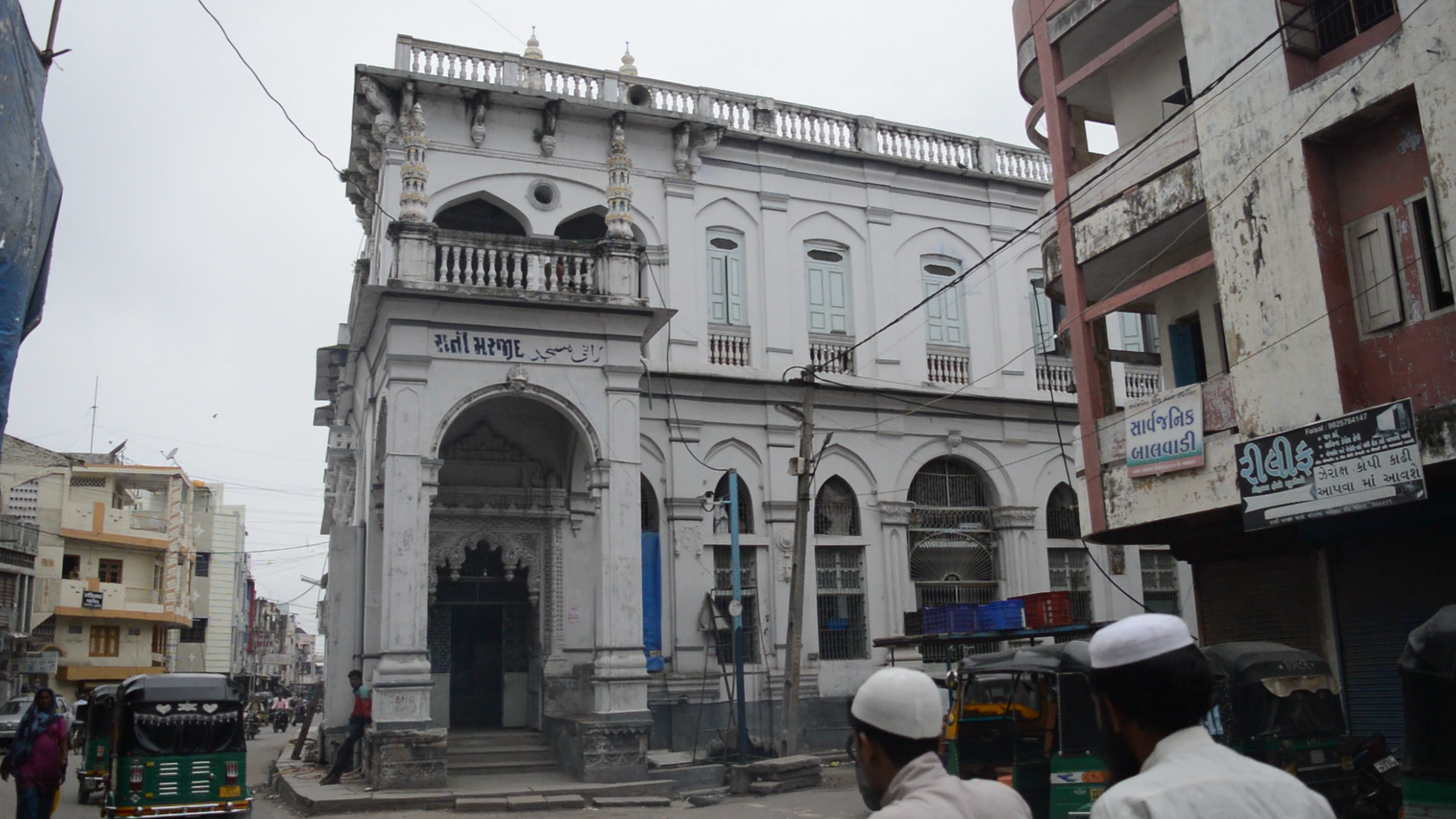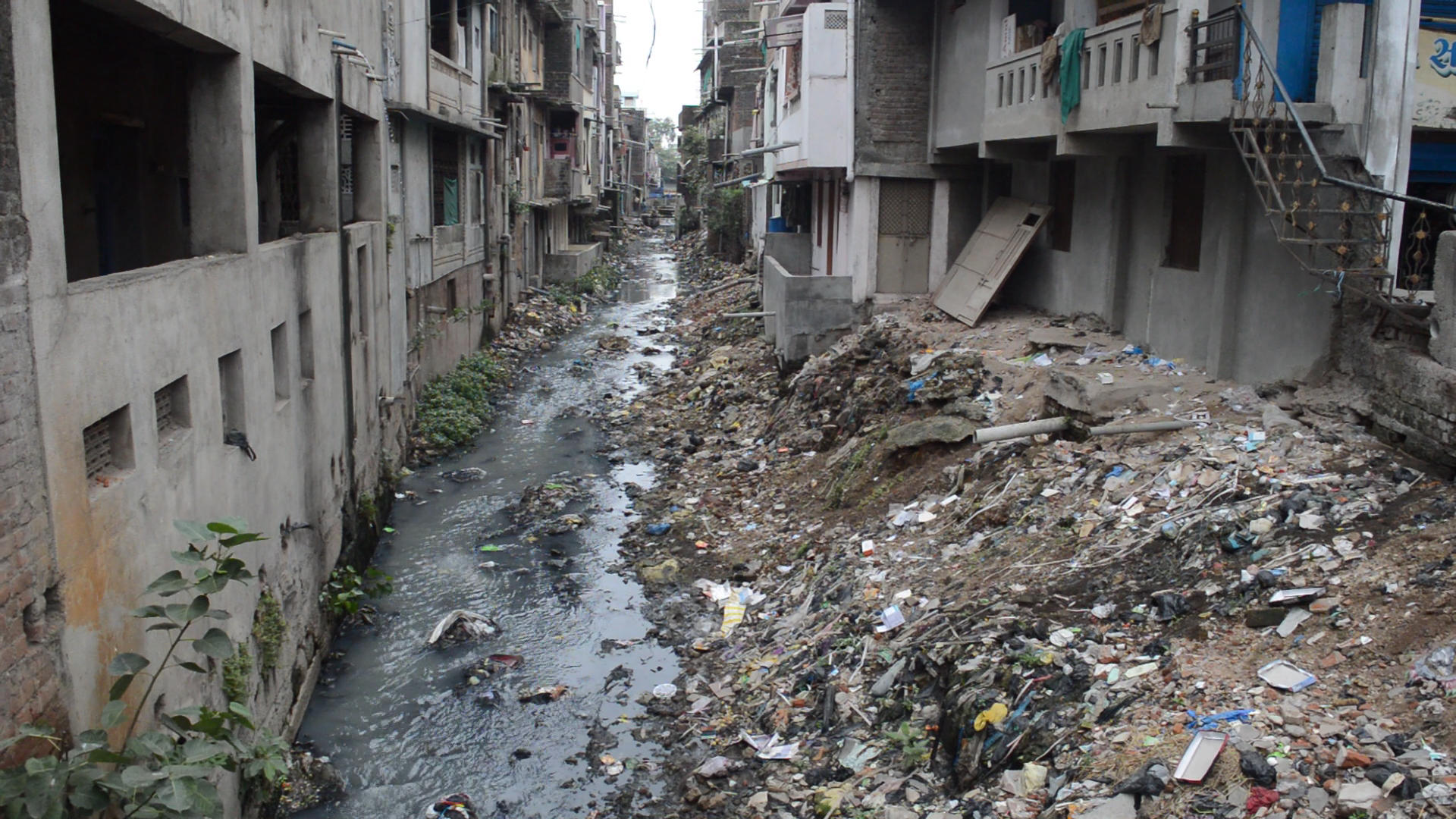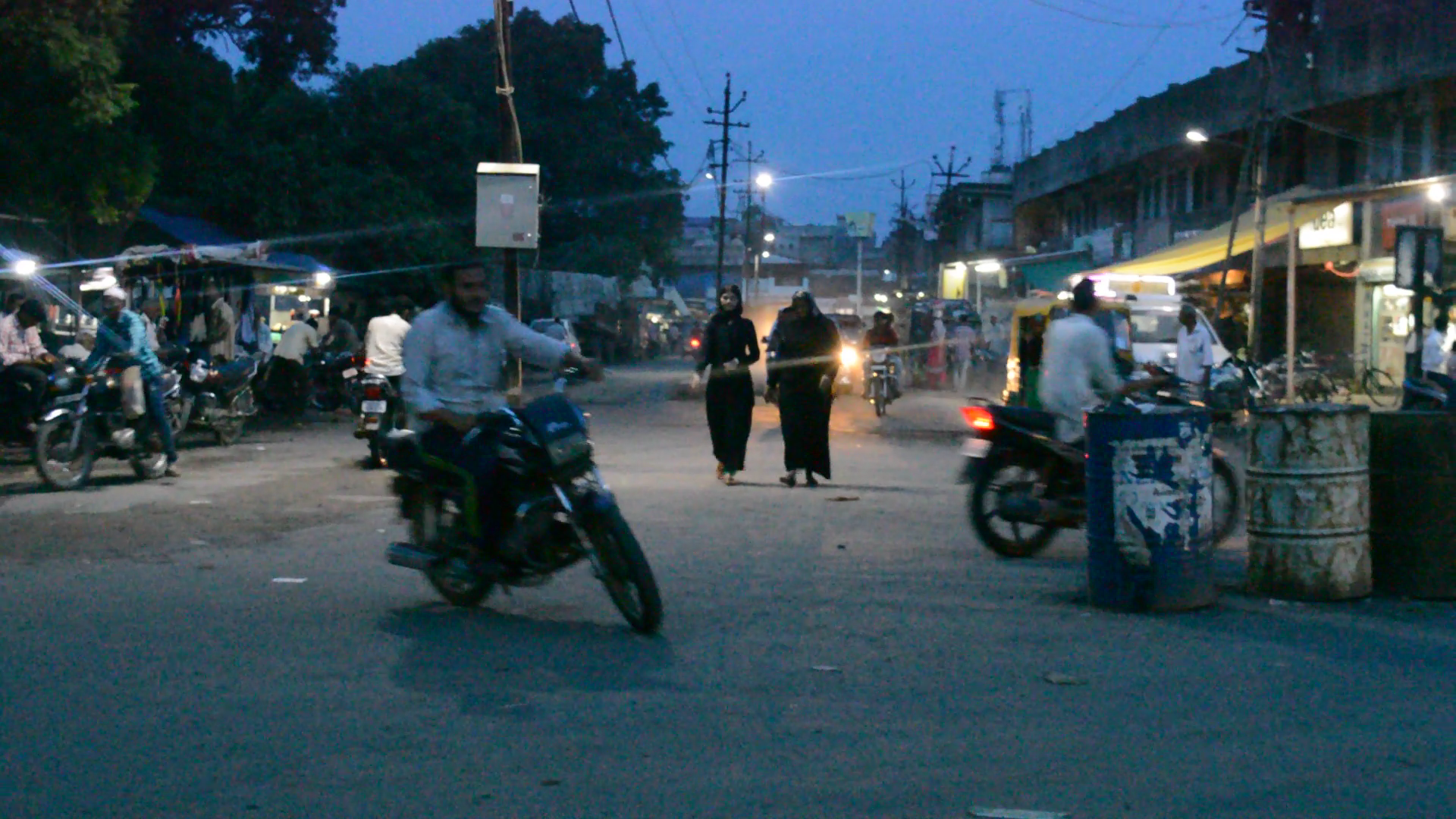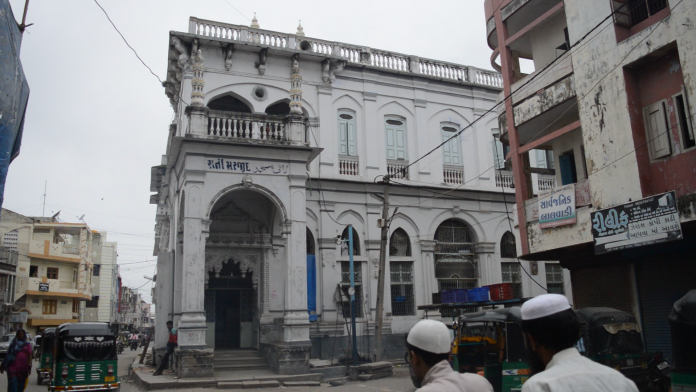By Amit Kumar, TwoCircles.net
In post-Independence India, a few cities have been etched in the pages of History forever and for all the wrong reasons: Nellie, Khairlanji, Bathani Tola, and of course, Godhra. In 2002, a train passed through the Godhra Junction, and all that has happened since has been well-documented as well as analysed.

Godhra, in many ways, is exactly like you expect a small town in India to be: chaotic, crowded, extremely dirty and divided on caste and religious lines. Yet, almost invariably, every conversation between an outsider and local veers towards that day in February 2002, and it is a trend that has not really been missed by the locals. During one of our first interactions in the city, before we can even pose a question, a shopkeeper, who is an upper-caste Hindu, says, “2002 ke baare mein mat poocho. Vo baat puraani ho gayi” (Don’t ask about 2002. It is an old matter now). When probed a little more on 2002 despite the warnings, he says, “Go to the Muslim locality. They would know better.” He is clear on one front: if there are any questions on 2002 that remain to be answered, it must be asked only to the Muslims.
Fifteen years after the incident, the mood might have changed, but what is clear is that the division among the population runs deep, and much before 2002. The city, in the words of the locals, was “always divided among Hindus and Muslims” and there is little to suggest that 2002 made it any worse. If anything, as the celebrations for Ganesh Chaturthi, kicked in earlier this week, the mood was more of peaceful, albeit extremely loud celebrations than that of tensions.
Elections? Not much for us, say Muslims
As we venture into the Muslim localities in the city, the filth that surrounds us is almost impossible to ignore. Street after street is lined with garbage, polythene bags, open sewers, water bodies full of rotting objects and a rancid smell. Questions on and around 2002 seem to make little sense, especially when people seem clearly more focussed on bringing our attention to the appalling conditions of cleanliness in the city. According to Mohammed Wasim, a pan-seller in his 20s near the railway station, the city has been dirty for as long as he can remember. “Look around. From here (his shop) to the entire stretch in front of us, you will not find anything except garbage all over. It is particularly worse during monsoon season. We were promised underground drainage some three-four years ago, but nothing seems to have materialised,” he says. His anger is aimed more at local corporators than political parties. “Big leaders come and visit this place once in awhile, but our corporators live here. How can they not do anything about it?” he asks.

Beyond cleanliness, the issues for Muslims in this city are not very different from the other residents of the city. While Godhra boasts of more than 87% literacy rate as per Census 2011 and around five colleges in the region for higher studies, there is an extreme lack of jobs in the region. Among Muslim population, which has historically focussed more on trade and businesses, the absence of employment opportunities in the region for the youth is a big cause of concern. “Here, we only have two options: either join our families in business or leave the city in search of jobs,” says Nadeem, a local.
He added that since Ahmedabad was only three hours away (130 km), it was the main destination for the youth of the city. The locals added that although the state government had promised setting up manufacturing units in the region to increase employment, nothing had been materialised. When asked what his expectations were for the coming elections, Nadeem, who works with his father in their family business, said, “Roads, more Safai Karamcharis and better working conditions for them and some employment opportunities.”

When asked which party would assure that, Nadeem’s answer was straightforward. “None,” he says.
‘2002 is not forgotten, we have learnt lessons’
Najeeb (name changed) is a resident of Godhra. Between 2002 and 2011, his life was completely taken over by fighting for justice for a family member who was one of the accused in the Godhra train burning incident. A man in his late 30s, Najeeb welcomes us in his office but makes the point clear that he will not be drawn into the “debate” around 2002. “What happened that day, in all fairness, was something horrendous. My community members might disagree on who did it, but the point is that it should have never happened. A lot of people were arrested, many including my family member had to spend years in jail before they were found innocent. He died soon after being released, and until his dying moments, he reminded us that he was innocent,” he says.
“This city has been tarnished for good. What I can say for sure though, is that our community has learnt its lessons and there has been no communal incident since then,” he adds. Nadeem, who says that he no longer is an ‘active’ member of the community because of the past events, believes that there is a sense of peace and calm in the region. “Hindus and Muslims have always interacted well on personal levels, but it is the political parties that have sought to polarise them,” he added. In this regard, the recent move of the five-time MLA of Godhra, CK Raulji, to jump from Congress to the BJP and take a number of local Congress leaders into the BJP fold might change the scenario. “Until now, the Muslims had strongly backed the Congress Party and Raulji, but with Raulji switching sides it is almost sure that the BJP will win this time,” he adds.
It must be pointed out that while Muslims are a majority in the Godhra Urban administration (53%), the same has not translated into representation. The town, which has 11 wards, does not have a single Muslim councillor. But according to the locals we spoke to, this is not so much of a concern to them. “We rather have some work done no matter who represents us. It is not as if the Hindu areas are spick and span after all…yes, we have supported Congress and we might do so this time also, but it is too early to say much,” added Mohammed Sajjad, a resident who is involved in the transport sector.
Godhra has had a tumultuous past and is eager to move on. Sadly, as residents pointed out, the local leaders have more interest in ensuring that nothing changes.

